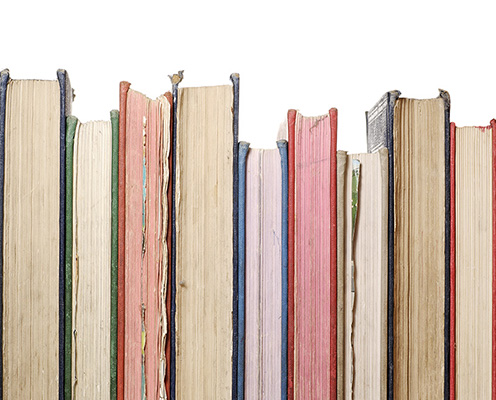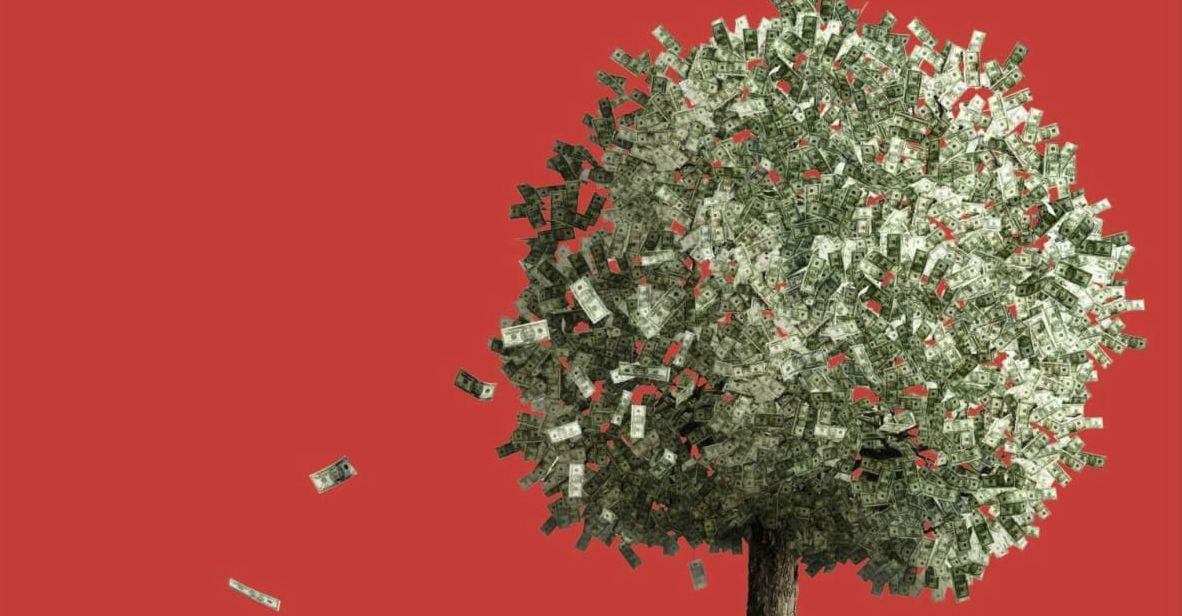It’s been festival time in Perth over the past month and the city’s cultural centre in Northbridge has rarely seemed so aptly named. For a few weeks Northbridge, a precinct that usually features in alarmist newspaper editorials about street crime, was full of happy people of all ages. Everywhere there were brightly coloured lanterns, posters and pop-up venues for plays, comedy performances and concerts. It was not the place the editorials write of. In the latest edition of the Griffith Review, ‘Looking West’, Tim Winton speaks of ‘continental cringe’, something that has never quite vanished from WA. But taking these surrounds in while drinking cold beers on a warm golden evening, the cringe is momentarily forgotten. One might be so bold as to wonder why wouldn’t anyone want to live here.
The arts festival brings music, theatre and spectacle, including the Giants, who overtook the central business district and held vast crowds spellbound for three days; Fringeworld was a lolly jar full of brightly coloured delights; and the writers festival saw throngs of booklovers flock to the University of Western Australia for three consecutive days to hear authors talk about books.
The university campus, next to the Swan River, is leafy, green and pleasant. But, there are dark clouds on the horizon: the university has foreshadowed that if the federal government succeeds in deregulating the tertiary education sector it will increase fees by thirty per cent. For the moment, though, there’s calmness in the air. There’s something wonderful in seeing a public university being used by a contented public. For many attendees the campus is haunted by the ghosts of our former selves, and your correspondent can report that the arts library smells exactly as it did a decade ago.
It is impossible to attend each session of such an event because they overlap and run parallel to each other. By their choices attendees effectively create their own individual program. The observations that follow are therefore particularly subjective. Nevertheless, the writers festival was characterised not only by a joy at reading and creative endeavour, but also by anxieties about, firstly, the perennial theme of what-Australia-is, and secondly, humanity’s uncertain future.
In some sessions, these themes were close to the surface. On Friday morning, Kimberley crime writer Peter Docker spoke plainly of the reality that lies behind phrases like ‘Indigenous disadvantage’, stating that we all had to wrestle with our country’s bloody history, but, that in his work he wanted to wrestle with the present. In a somewhat similar vein, poet Omar Musa spoke the following day of an Australia where ‘a kind of collective madness about race, class and gender’ exists.
In addition to specific discussions about the past, the festival saw, inevitably, further iterations of the venerable back-and-forth debate about the roles of history and fiction, and the spaces and distinctions between them. Quoting the American philosopher Richard Rorty, Nicholas Shakespeare – who has written both fiction and non-fiction – suggested that the former promotes empathy in a way that history cannot, by making the reader experience suffering. This seemed a rather broad brush; is it really impossible to feel empathy while historical reading, say, Everyday Stalinism or The Making of the English Working Class? Must there be an open competition between history and fiction in this way; can’t we, like the kid in the taco commercial, have both? In any event, this conversation is set to continue, and will no doubt wind its way around future festivals.
Appearing via a live cross, Hilary Mantel also spoke on history, myth and fiction, as well as gender and power. In response to a question about the centrality of the Tudors to the British mythos, Mantel suggested that they appeared drawn from fairytales, with Henry VIII a kind of Bluebeard. In a fascinating and wide-ranging exchange, Mantel spoke of her search, through fiction, for moments of change where boundaries are breached and her interest in insoluble questions about how we become the political animals we are.
This broad theme reverberated throughout sessions at the festival: what kinds of creatures are humans, and how have we become as we are? It’s a question explored by Christine Kenneally who, while acknowledging the appalling eugenicist past lurking in the background, contended that the genome was the brightest, most complex history book we have. As well as their genes, humans are shaped by their eras, which may be cause for concern: in a packed-out session, Michael Mori reiterated a sentence read out from his book: ‘In these times nothing can be taken for granted’. Speaking of the horror genre, DBC Pierre said matter-of-factly that the fear level of regular life now equates with the fear of the movies, and that fear was now a widely manufactured product.
The converse of fear is hope, and in another session former Greens leader Bob Brown spoke of optimism and pessimism with James Boyce, author of a book on the history of the concept of original sin. Brown declared himself an optimist ‘because I choose to be’, arguing that humanity will only succeed and avoid environmental catastrophe if we overcome our instinctive selfishness. For his part, Boyce talked of the power of beliefs and memory. Observing that the concept of original sin had given rise to the need for universal salvation, he asked whether it was possible for the west, in particular the green movement, to use this notion of salvation – an ongoing legacy of our past – in a positive way. Perhaps it is. Peter Docker had also used this language, stating that he knew that Australian society could change and that it had ‘a chance for salvation’.
Discomfort at our increasingly atomised society was explored by veteran social researcher Hugh Mackay, who spoke of the loss of a sense of belonging in a country where few of us know our neighbours and the need to nurture communities within our suburbs. There was humour in his discussion with Mackay observing that we cling to the appellation ‘village’, which is tacked on to retirement homes and shopping centres, because we feel we are losing it. But, there was also a sense of urgency. Mackay spoke of the ‘grotesque obsession with ‘me’ that prevails in contemporary life’, which he argues belies our true nature as herd animals. Like Brown, Mackay wants humans to pull back from selfishness, and embrace ‘the deepest and sweetest truth about human beings’ – that we are cooperative creatures who care for others.The discussion would have been enhanced by an exploration of the broader political context that has created our society. However, Mackay’s welcome emphasis on the often unacknowledged yet valuable work of building communities, which can be read as gendered labour, evoked an earlier session on ‘domestic double standards’, in which Ceridwen Dovey, Alice Pung and Maxine Beneba Clarke discussed aspects of women’s lives that are sometimes rendered invisible. For instance, Clarke spoke of the reality of ‘writing while female’, noting that people can see a book on the shelf, but are not privy to the writer’s struggle to put her children to bed so she could finish her essay.
Leaving the festival, there were no answers; only questions, and a ravenous desire to read. As it should be.






